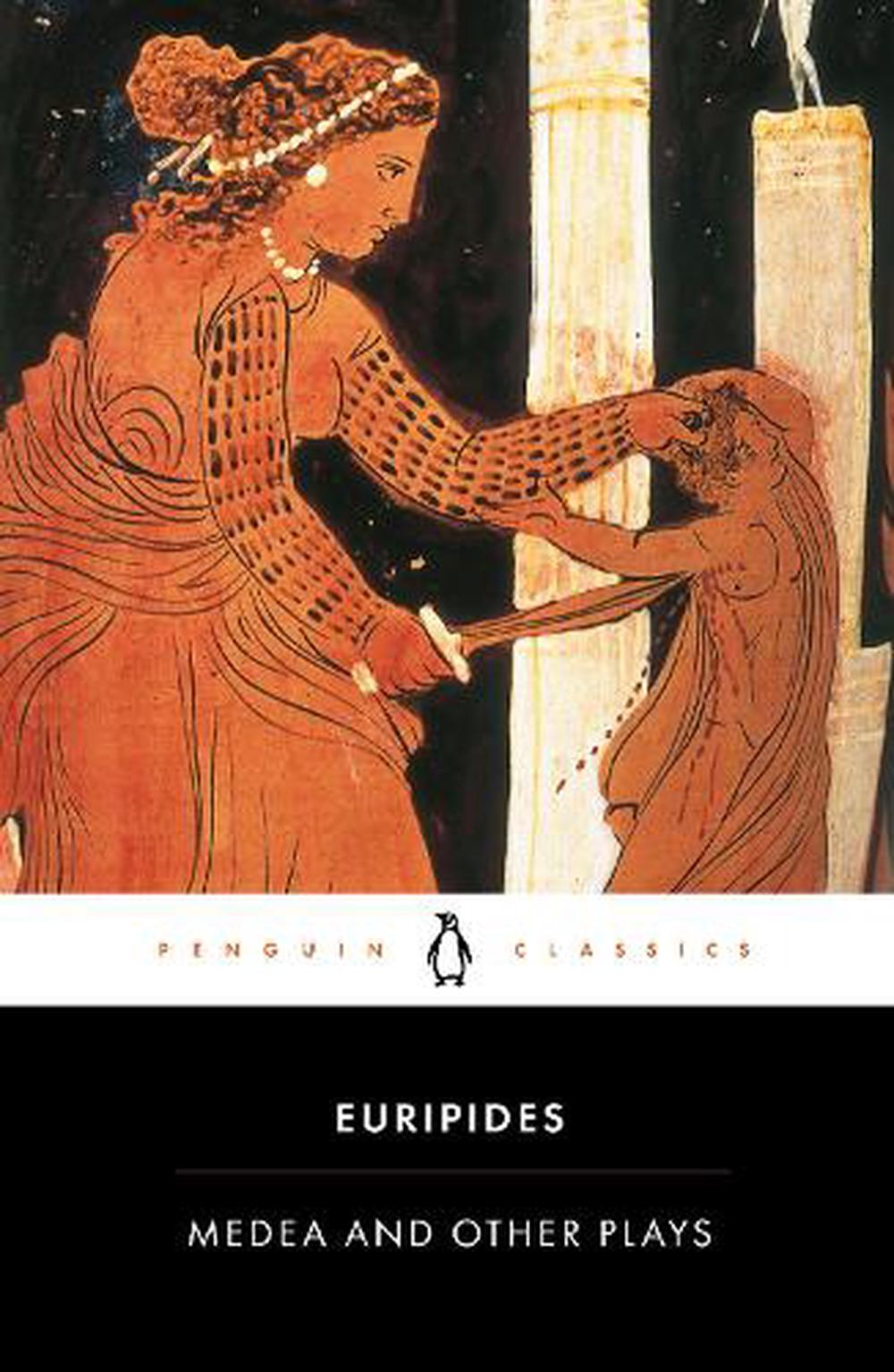
Medea and Other Plays
the Origin of the Black Act
$17.52
- Paperback
208 pages
- Release Date
17 December 2000
Summary
The four tragedies collected in this volume all focus on a central character, once powerful, brought down by betrayal, jealousy, guilt and hatred. The first playwright to depict suffering without reference to the gods, Euripides (c.485-407 BC) made his characters speak in human terms and face the consequences of their actions.
In Medea, a woman rejected by her lover takes hideous revenge by murdering the children they both love. Hecabe depicts the former queen of Tro…
Book Details
| ISBN-13: | 9780140441291 |
|---|---|
| ISBN-10: | 0140441298 |
| Author: | Euripides, Philip Vellacott |
| Publisher: | Penguin Books Ltd |
| Imprint: | Penguin Classics |
| Format: | Paperback |
| Number of Pages: | 208 |
| Edition: | 1st |
| Release Date: | 17 December 2000 |
| Weight: | 160g |
| Dimensions: | 13mm x 129mm x 198mm |
| Series: | Penguin Classics |
You Can Find This Book In
About The Author
Euripides
Euripides was an Athenian born in 484BC. A member of a family of considerable rank, he disliked performing the public duties expected of him, preferring a life of introspection. He was not a popular figure, and at some point (and for a reason unknown) he went into voluntary exile at the court of Archelaus, King of Macedon. He died c.407BC and is thought to have written around ninety-two plays, of which seventeen survive.
Returns
This item is eligible for free returns within 30 days of delivery. See our returns policy for further details.




